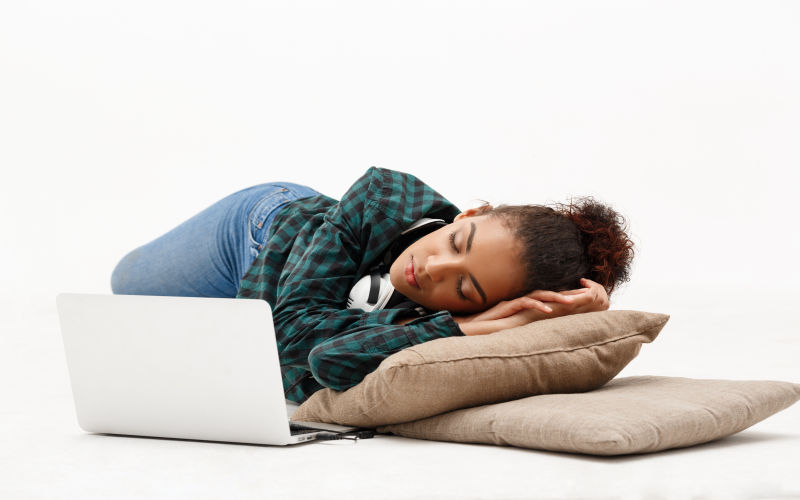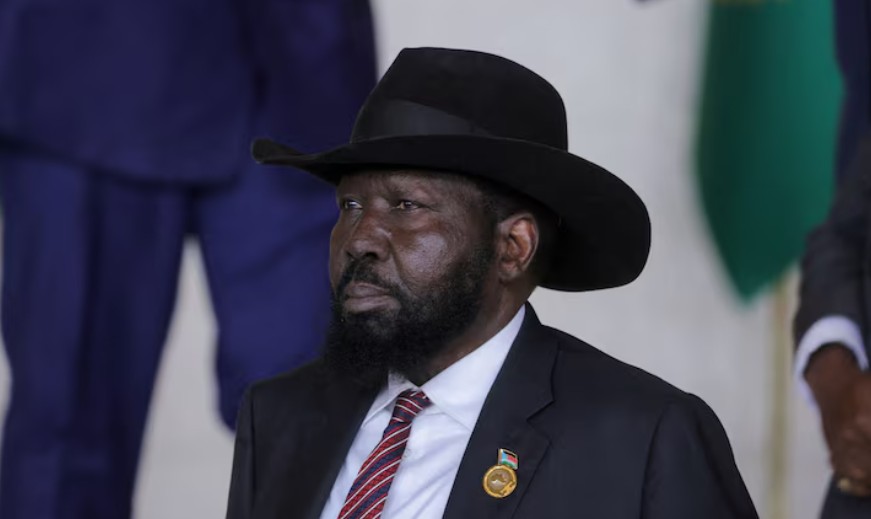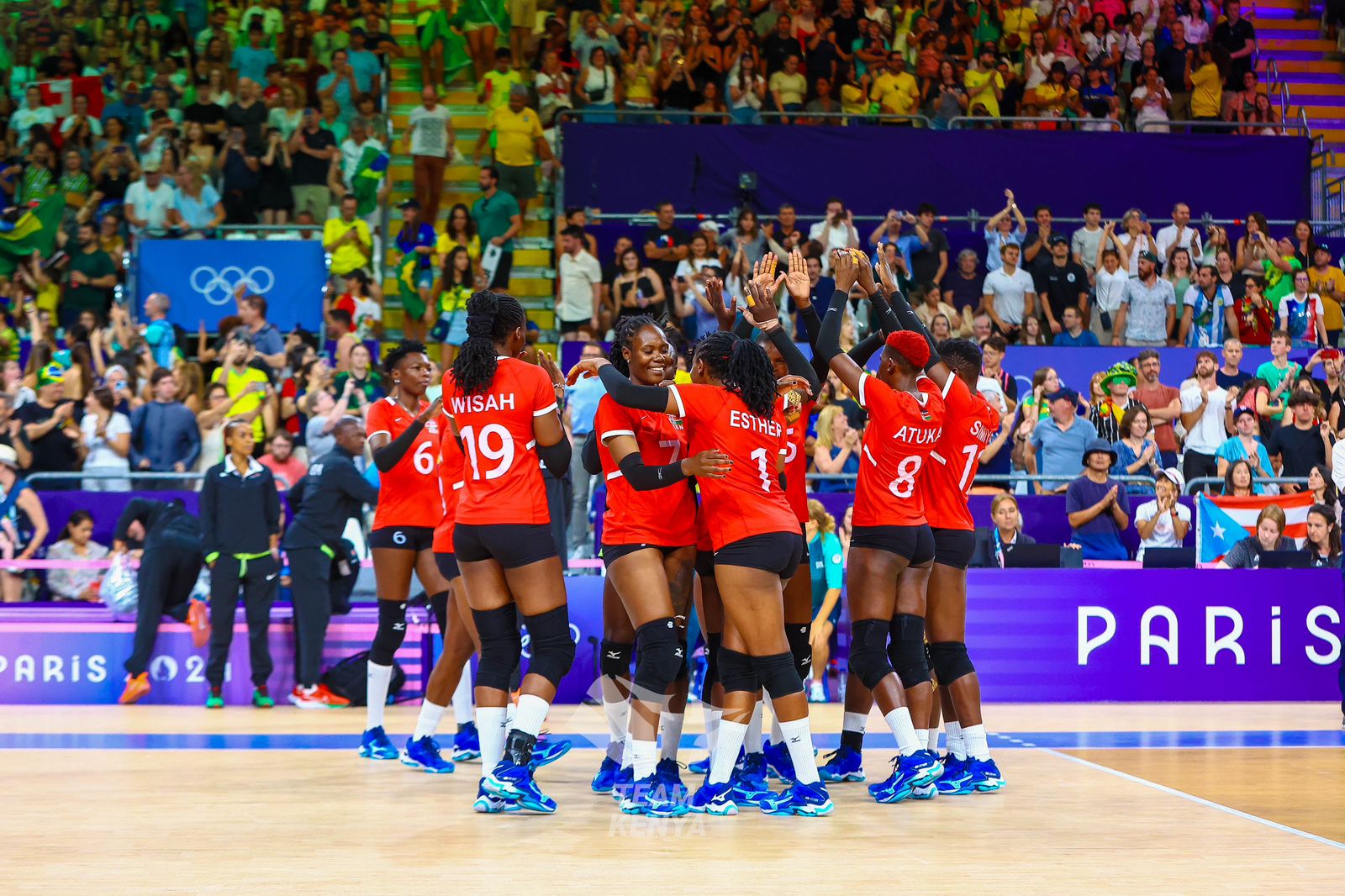HOLD: The science behind sleepiness during cold season

According to scientists, during colder months, particularly in June, July and August, when Kenya experiences its version of ‘winter’, overcast skies and shorter daylight hours throw this rhythm off balance.
Many Kenyans are finding it harder to leave their beds in the morning.
From the freezing July to August mornings to the constant drizzle that never seems to end, and foggy skies that make 2:00 pm look like 6:00 am, it is no wonder everyone is feeling off.
More To Read
- Cold, rain set to persist across Kenya for next five days - Kenya Met
- Trouble sleeping? Here's how to fall asleep quickly
- Duvet covers: Comfort must-have or bedding luxury?
- How to bake a moist chocolate cake to warm you up in July
- Do women really need more sleep than men? A sleep psychologist explains
- How to choose the perfect heater for cold July weather
The widespread sleepiness and lack of motivation have sparked a familiar seasonal conversation: Why do we feel so tired during cold weather?
Science has the answers. The lack of sunlight affects our body’s 'internal clock', also known as the circadian rhythm.
According to scientists, during colder months, particularly in June, July and August, when Kenya experiences its version of ‘winter’, overcast skies and shorter daylight hours throw this rhythm off balance.
“Reduced sunlight leads to a drop in serotonin, a hormone linked to mood and energy levels, and an increase in melatonin, which promotes sleep,” said Dr Sarah Mburu, a Nairobi-based neurologist and sleep researcher. “It is this hormonal imbalance that makes people feel sluggish, tired, and often emotionally low during the cold season.”
This is not just anecdotal. A 2023 study published in the Nature and Science of Sleep found that melatonin production tends to spike in colder, darker months, especially in regions with limited sunlight.
“Sleep is found to be longer in winter and shorter in summer, likely due to increased day length and or increased temperature, and with effects being particularly pronounced in children or the elderly,” the study showed.
While Kenya is near the equator and does not have drastic daylight changes, overcast skies and cooler temperatures during the June-August period still have an impact.
Furthermore, a 2020 study by the University of Washington tracked over 200 participants across the four seasons - spring, summer, fall and winter - using wearable devices.
Researchers observed longer sleep durations in winter and earlier bedtimes, even in urban areas with access to artificial lighting.
Cold temperatures influence sleep, as the body prefers cooler temperatures for rest, but extremes in either direction, especially without adequate heating or bedding, can disrupt sleep quality.
In Kenya, these findings resonate with many.
“I’ve noticed I need at least an extra hour of sleep. When my alarm goes off, at the regular time, I end up snoozing it for a few more minutes even though I go to bed early," said Grace Mwikali, a university student in Nairobi.
Mwikali added, “I just can’t focus unless I’ve had more rest. I keep dozing off in afternoon classes. Sometimes I skip class, go home and catch some more sleep.”
According to Dr Mburu, it is not just about how much sleep you get; it is also about the quality: “Rapid eye movement (REM) sleep is highly affected by light and darkness. During cloudy or colder months, we have less light, so the body overcompensates by giving more REM sleep.”
This increase in REM sleep, the deep, dream-filled phase of our sleep, may sound like a good thing, but it is often paired with disrupted sleep schedules and social jet lag. That is the disconnect between our biological clock and social obligations like school or work.
“Your body is not used to this earlier time, and it’s hard to fall asleep, especially when paired with cold,” she said.
The cold season also brings behavioural changes that can affect sleep.
“Most people are grumpier, hungrier and moody during this time too. They may engage in social activity such as indulging in a wide variety of foods and treats, alcohol intake and skip out on workouts, disrupting sleep," she added.
In Kenya, many urban dwellers report longer lie-ins, increased screen time, and a tendency to nap during the day.
“During this time, I just want to eat, sleep, and watch movies,” said Wanjiru Ndung’u, a 27-year-old marketing executive in Nairobi. “I’m always tired, even if I sleep for hours.”
Aside from biological and environmental causes, lifestyle changes during the cold season also play a role.
People tend to move less, consume heavier meals, and seek comfort under thick blankets, hats and jackets. These habits, while natural, reinforce the body’s tendency to slow down.
Health experts recommend staying active, getting exposure to natural daylight even on cloudy days, and maintaining a consistent sleep schedule.
“Do not lock yourself inside entirely, dress warm and go outside for some light, your body will thank you. Simple changes like a morning walk or opening your curtains early can help regulate your circadian rhythm and fight that cold fatigue,” advised Dr Mburu.
Experts recommend maintaining consistent sleep and wake times, getting natural light exposure during the day, even when cloudy, and staying physically active.
“It’s all about syncing your internal clock with your environment,” noted Dr Mburu. “That means light in the morning, open your curtains, go out, wind down in the evening and avoid stimulants late in the day.”
Top Stories Today













































